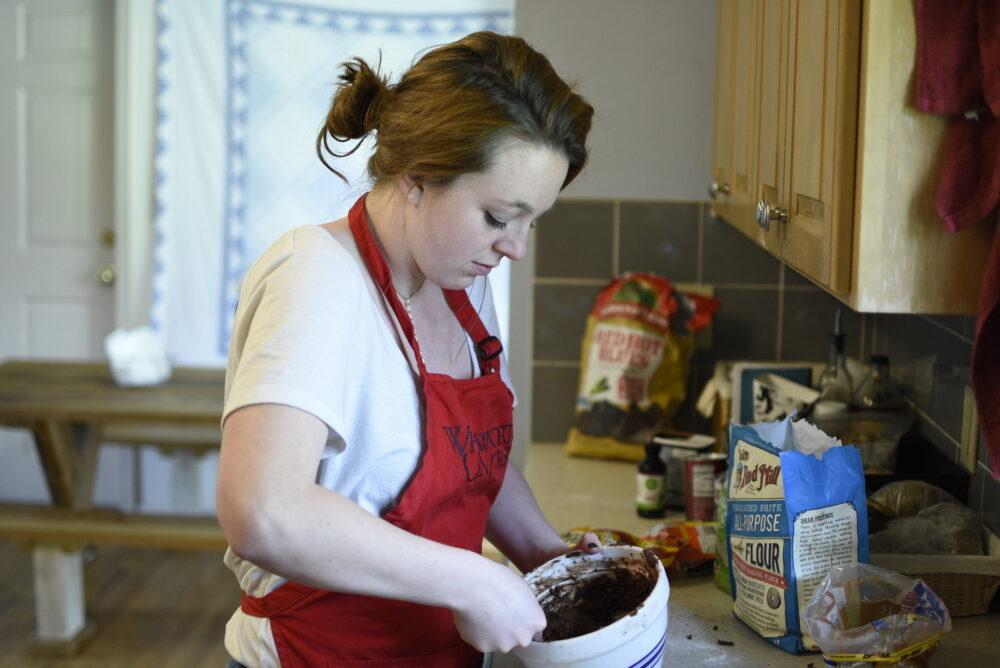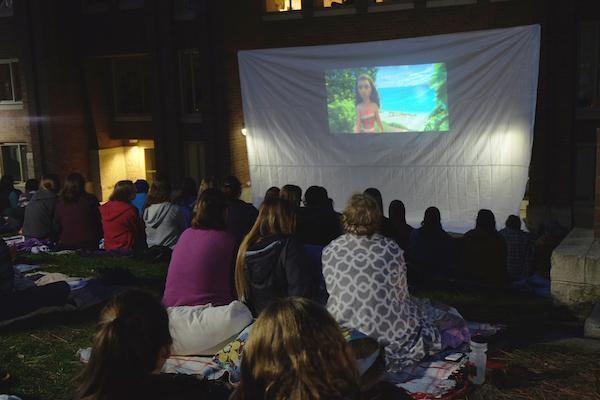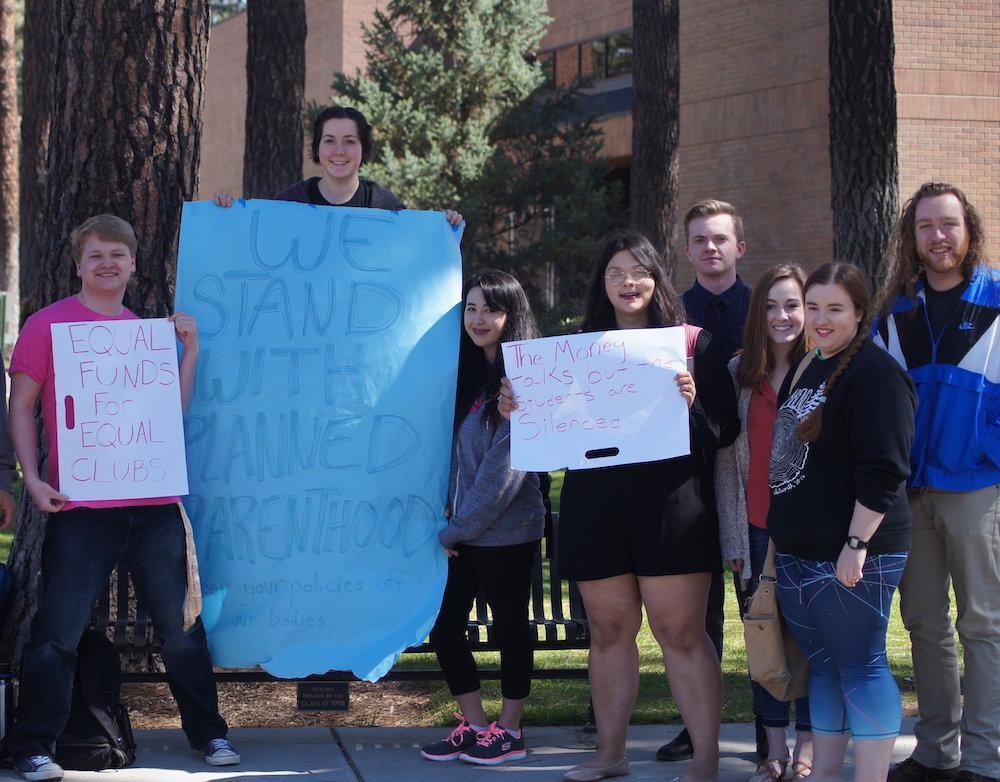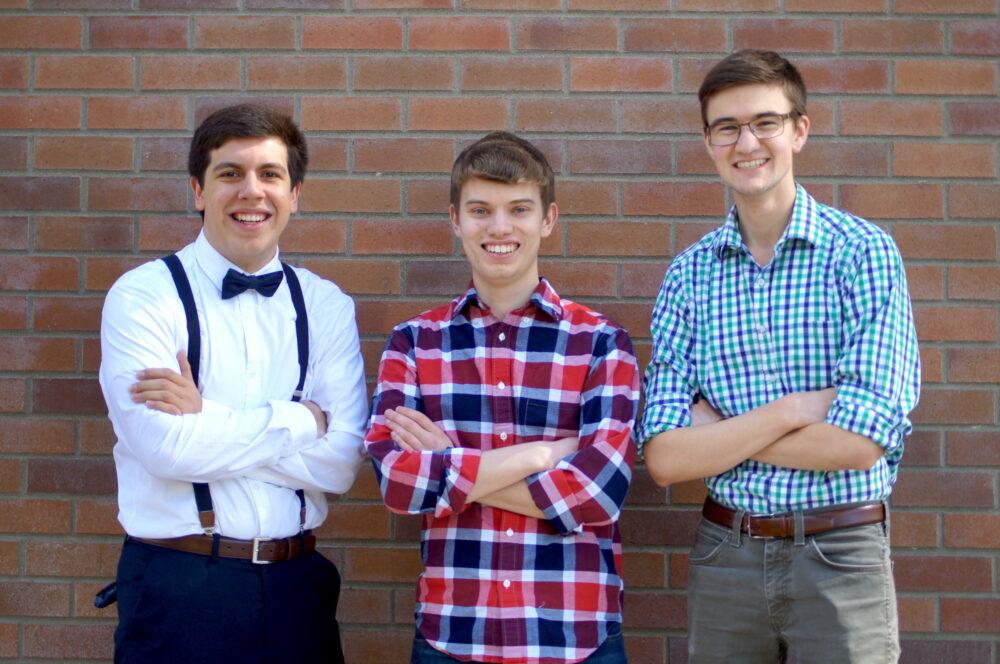Josiah Van Wingerden | Social Media Specialist
Ash Wednesday begins on March 1 and officially kicks of the season of Lent, which is a traditional time when Christians observe and reflect upon Jesus Christ’s sacrifice on the cross and give up something significant to them from now until Easter Sunday.
This year, the Sustainability Coordinator for ASWU, senior Whit Jester, is challenging all students of Whitworth University: to live for at least a month with a zero-waste or waste-free mindset.
This project is called Wasted: A Lent Project, and encourages students to use products that do not produce any waste that would end up in a landfill. This means only using recyclable and repurposed products.
Jester said that she envisioned this project at 1 o’clock in the morning one Sunday and told the Kipos club, which advocates for environmental awareness and social justice, that night.
The club fully supported her vision and began advertising for the project and some members even asked local zero-waste companies for donations like bamboo toothbrushes and other natural projects, according to Jester.
“I had been thinking for several months on how I could educate the student body on the impact that their trash has and how they can reduce that,” Jester said. “I was like ‘what if I took advantage of the majority of the Christian population and did an event about reducing waste that tied into Lent.’”
That is how Wasted: A Lent Project was created. The program starts March 1 at 7pm in the HUB MPR and will last the entirety of Lent. The first session will be a discussion based meeting during which the participants in the movement will talk about some ways that they individually hope to reduce their waste.
On average, Americans throw away enough trash everyday to fill 63,000 garbage trucks, according to a study conducted by the University of Utah. Additionally, the average American will dispose of trash 600 times their body weight, which typically equates to around 90,000 pounds of garbage during an individual’s lifetime.
About half of the trash the average American discards each day could be recycled, according to the same study.
Because environmental awareness and social justice are ideas that are a part of Kipos’ mission, several club members have agreed to sponsor the event, participate in activities and commit to fitting all of their waste into a mason jar.
“It’s easy to have Kipos events and talks in which we learn about environmental issues, but this is a chance in which students can actually participate in what they’ve learned about,” Kipos Treasurer Adrianna Horsey said. “This gives students a timeline and a goal in which they can pursue not wasting as many things as possible. It’s cool because you get to do it as a community, which makes it special.”
Those who agree to reduce their waste during Lent will meet every couple of Wednesdays to check in with one another and reflect on what they may be struggling with, Jester said.
The participants will also have some opportunities to learn how to make their own natural products, such as toothpaste, soap and deodorant through practical workshops hosted by Jester, members of Kipos, or a guest, according to Jester.
Both Jester and Horsey spent Jan Term on a trip to Tall Timber Ranch, taking a class called Ecology and the Bible, taught by professor Jonathon Moo. The two of them were challenged to be more conscious of the products they waste each day.
The trip served as a part of the inspiration of the project, Jester said. She is also excited about the amount of interest and positive feedback she has received from students leading up to the kick-off.
“It’ll change the world, not this project by itself, but student movements like this that grow and get momentum have the potential to change the world,” Jester said. “It’s always students that start revolution movements and I think, in the realm of sustainability, I think it’s students that are going to start that revolution in our country.”
For more information about Wasted: A Lent Project before the kick-off tonight, students can visit the website, www.wastedlentproject.com to see upcoming workshops or events. Students interested in joining the Kipos club can attend meetings every Sunday at 6 p.m. in the HUB MPR.
An earlier version of this article listed the professor of Ecology and the Bible as Adam Neder. The Whitworthian staff apologizes for this error, which was corrected on 3/1 at 10:00 p.m.
Contact Josiah Van Wingerden at jvanwingerden19@my.whitworth.edu












 Spokane?
Spokane?
agoodwin18@my.whitworth.edu • Mar 2, 2017 at 6:00 am
Thanks Whitney! We’ve got it corrected now.
Whitney Jester • Mar 2, 2017 at 5:48 am
Fact check: Ecology and the Bible is actually taught by Professor Jonathan Moo!